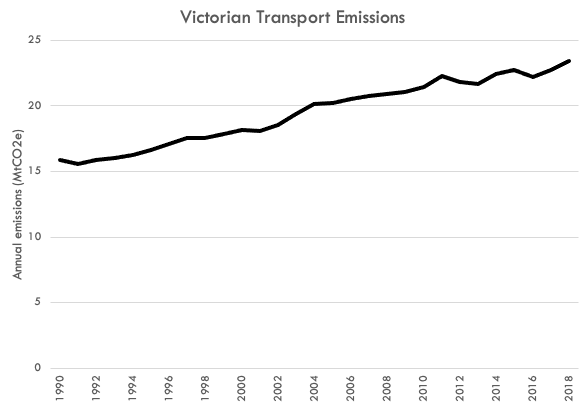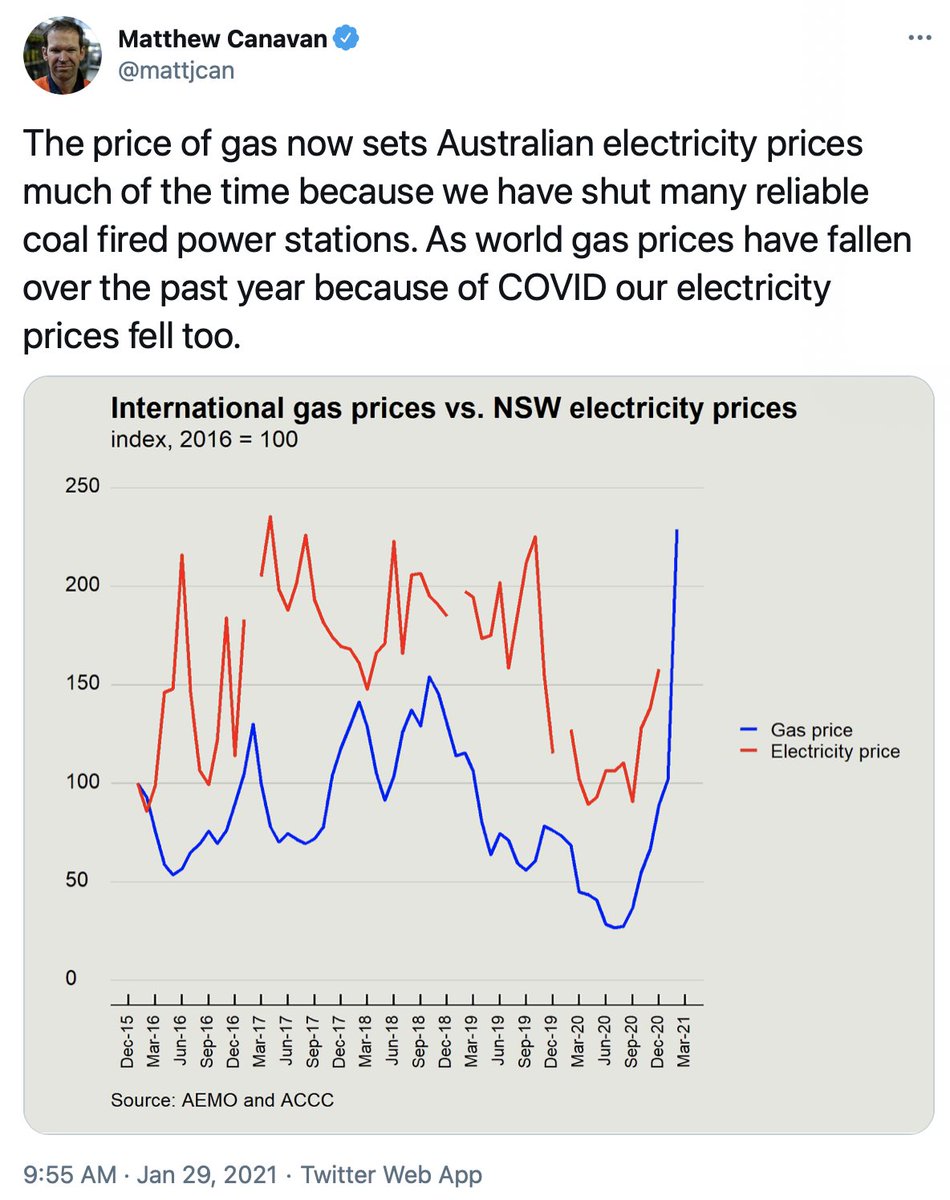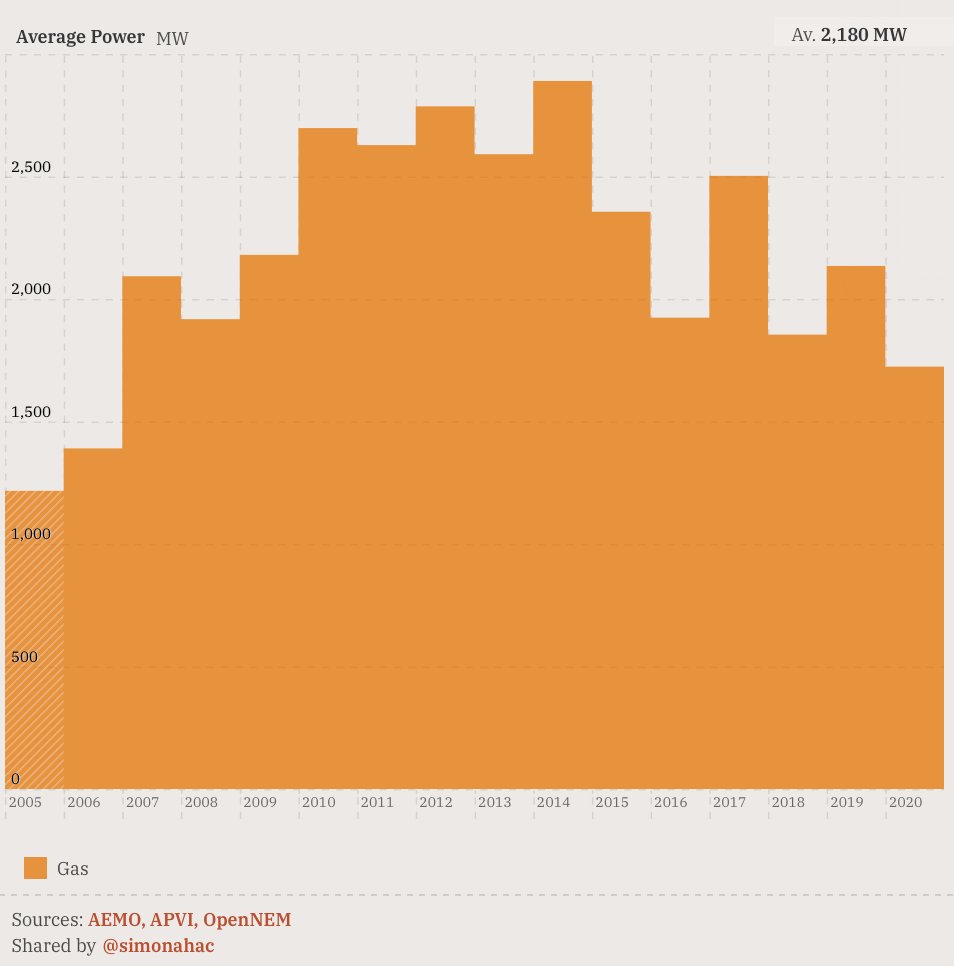
🧵nuclear zealots like @Dr_Keefer often claim that wind turbines and solar panels last only 20 years.
…and that nuclear plants are somehow "immortal".
one problem: that's 🐂💩!
…and that nuclear plants are somehow "immortal".
one problem: that's 🐂💩!

it’s not unusual for solar panels to come with a 25 year warranty these days.
the manufacturer of my solar panels claims they have a *40* year useful life, and guarantee that at 25 years they’ll still be 92% as productive as they were when brand new.
sunpower.maxeon.com/au/sites/defau…
the manufacturer of my solar panels claims they have a *40* year useful life, and guarantee that at 25 years they’ll still be 92% as productive as they were when brand new.
sunpower.maxeon.com/au/sites/defau…

#ontario solar manufacturer @SilfabSolar claims the world's longest performance warranty — at least 82.6% of their original power at the end of their 30th year.
silfabsolar.com/wp-content/upl…

silfabsolar.com/wp-content/upl…


in 1976 a 3.5kW array was installed at the university of oldenburg in germany — one of the first in the world.
panels from the array were extensively tested 35 years later, and had degraded by just 4%.
presse.uni-oldenburg.de/einblicke/54/f…
panels from the array were extensively tested 35 years later, and had degraded by just 4%.
presse.uni-oldenburg.de/einblicke/54/f…

the 407kW singleton solar farm is #australia's oldest, built to partially power the #Sydney2000 olympics, now owned by @AndrewThaler.
the first "unit" of the solar farm was commissioned in 1998, making it 23 years old this year — still going strong.
singletonsolar.com.au
the first "unit" of the solar farm was commissioned in 1998, making it 23 years old this year — still going strong.
singletonsolar.com.au

australia's oldest wind turbine was erected at breamlea in 1987… ie. it’s now 34 years old!
i haven’t checked recently, but did confirm that it was operating fine in its 30th year, helped along over the years with a lot of love from @reneworgau members.
reneweconomy.com.au/blow-out-the-c…
i haven’t checked recently, but did confirm that it was operating fine in its 30th year, helped along over the years with a lot of love from @reneworgau members.
reneweconomy.com.au/blow-out-the-c…

the oldest operating wind farm in australia is at #crookwell, a stone’s throw from energy numpty @angustaylor.
built in 1998, the wind farm comprises eight 600kW turbines — ie. each turbine is 10x the power of the breamlea turbine.
built in 1998, the wind farm comprises eight 600kW turbines — ie. each turbine is 10x the power of the breamlea turbine.

these are relics from the early days of wind energy…
current technology is 3.6MW+, at least 5x bigger than the #crookwell turbines — and much more efficient.
…and offshore designs are now reaching 12MW with 15MW on the way — almost 5x bigger again.
vestas.com/en/products/of…
current technology is 3.6MW+, at least 5x bigger than the #crookwell turbines — and much more efficient.
…and offshore designs are now reaching 12MW with 15MW on the way — almost 5x bigger again.
vestas.com/en/products/of…

in an average year, each of these next generation offshore wind turbines will generate ~1000x the energy of the little old breamlea turbine. 

unsurprisingly, many of the wind turbines installed 25 years ago struggle to compete economically with the new generation.
like an old car, you could keep them running indefinitely, but it often makes more sense to replace (“repower”) them with the latest, greatest model.
like an old car, you could keep them running indefinitely, but it often makes more sense to replace (“repower”) them with the latest, greatest model.
how long will current generation wind turbines last?
one data point is that @Vestas, the largest wind turbine manufacturer globally, sells their turbines with a *30* year service package.
globenewswire.com/news-release/2…
one data point is that @Vestas, the largest wind turbine manufacturer globally, sells their turbines with a *30* year service package.
globenewswire.com/news-release/2…

…but really, wind farms are like grandfather’s axe — parts can be proactively replaced as they age, piece by piece.
repaired or replaced — just like any other productive, valuable tool or machine.
repaired or replaced — just like any other productive, valuable tool or machine.

so how long do wind turbines & solar panels last?
solar panels installed today will be operating in 30, 40, even 50 years from now.
similarly, many wind farms will operate for as long, made up of turbines maintained to last 30+ years, or repowered as dictated by economics.
solar panels installed today will be operating in 30, 40, even 50 years from now.
similarly, many wind farms will operate for as long, made up of turbines maintained to last 30+ years, or repowered as dictated by economics.

yes, you will hear of a few wind farms that are repowered early or were built in bad locations and torn down. these are the exception.
just like there are some nukes that haven't lasted the distance.
just like there are some nukes that haven't lasted the distance.

75 nuclear reactors began operations in the 60s — only 5 are still operating.
the remainder shut down at an average age of just 22.9 years.
the remainder shut down at an average age of just 22.9 years.

here i'm visiting gentilly nuclear generation station, in quebec, canada.
unit-1 ran from 1971 to 1977 with just 180 on-power days due to design issues.
thankfully they got a full 30 years out of unit-2, shuttered in 2012.
it will take ~50 years to decommission the plants.
unit-1 ran from 1971 to 1977 with just 180 on-power days due to design issues.
thankfully they got a full 30 years out of unit-2, shuttered in 2012.
it will take ~50 years to decommission the plants.

of the ~545 nukes started up since 1970, more than 109 have already shut down, at an average age of 29.6 years
the ~440 operating* nukes worldwide average 31.4 years old.
*official stats still count many zombie reactors that haven't run since 2011 as "operating"
the ~440 operating* nukes worldwide average 31.4 years old.
*official stats still count many zombie reactors that haven't run since 2011 as "operating"

i've no doubt that a good number of today's nukes will be operating at 60 maybe 80 years of age.
some will shut early due to failures… some due to politics… but beyond that, the number that "live" that long depends on whether it’ll be economic to keep maintaining them.
some will shut early due to failures… some due to politics… but beyond that, the number that "live" that long depends on whether it’ll be economic to keep maintaining them.

"grandfather's axe" applies in nuclear too…
last year #ontario power generation completed a refurbishment of darlington unit 2.
24,000,000 work hours and $billions were invested to give a 26 year old reactor another 30 years of life.
"rebuildables"
nuclearstreet.com/nuclear_power_…
last year #ontario power generation completed a refurbishment of darlington unit 2.
24,000,000 work hours and $billions were invested to give a 26 year old reactor another 30 years of life.
"rebuildables"
nuclearstreet.com/nuclear_power_…

so, if you hear nuke bros claim that "wind and solar only last 20 years" and "nuclear power plants last 60, 80, 100 years"…
it's just 🐂💩.
…and now they know it.
by all means, feel free to advocate for your favourite technologies, but stick to the truth!
it's just 🐂💩.
…and now they know it.
by all means, feel free to advocate for your favourite technologies, but stick to the truth!
• • •
Missing some Tweet in this thread? You can try to
force a refresh















